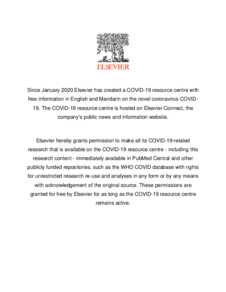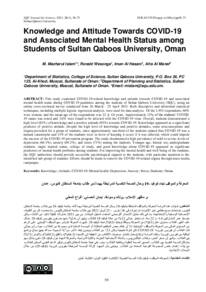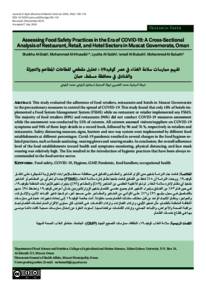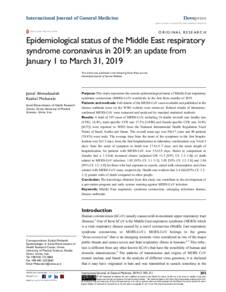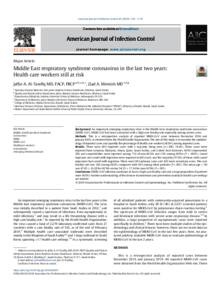وثيقة
Fonsecaea associated cerebral phaeohyphomycosis in a post-COVID-19 patient : a first case report.
المعرف
DOI: 10.1016/j.clinpr.2021.100126
المصدر
Clinical Infection in Practice. v. 13, 100126
المساهمون
Al-Yaqoobi, Mubarak., مؤلف
Al-Saadiyah, Maimuna., مؤلف
Rizvi, Semee., مؤلف
Al-Hajriyah, Zahra., مؤلف
Al-Azri, Saleh., مؤلف
Al-Ramadhaniyah, Khalsa., مؤلف
Al-Hinai, Qasim., مؤلف
الدولة
Netherlands.
الناشر
Elsevier B.V.
ميلادي
2022-01-01
اللغة
الأنجليزية
الملخص الإنجليزي
Phaeohyphomycosis, previously known as chromoblastomycosis, is a chronic mycosis, usually affecting the skin. It is caused by dematiaceous fungi, which are a group of fungi that produce melanin in their cell walls. Cerebral phaeohyphomycosis occurs as a part of invasive presentation of the fungi, which usually affects immunocompromised patients, but may affect immunocompetent individuals as well. Cerebral infection in phaeohyphomycosis is associated with a poor prognosis regardless of the immune status of the patient. COVID-19 SARS-CoV-2 infection and/or medications used for its treatment may compromise the immune system, including in the post-COVID-19 period, resulting in invasive fungal infections, which have frequently been reported recently during the COVID-19 pandemic. We report a case of Fonsecaea associated cerebral phaeohyphomycosis in a recently diagnosed diabetic Omani lady, who presented to our hospital 6 weeks after recovery and discharge from hospitalization for moderate COVID-19 pneumonia.
ISSN
2590-1702
قالب العنصر
مقالات الدوريات

